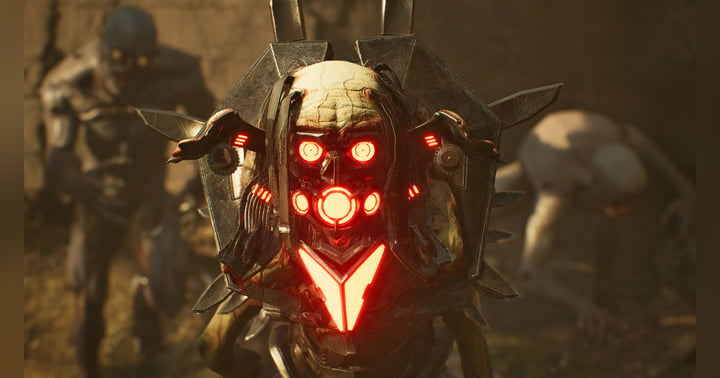Dead Space Fans May Not See Isaac Clarke For Another 13 Years

The Revival and Abandonment of Gaming Franchises
The gaming industry has witnessed a curious trend in recent years: the resurgence of beloved franchises, only to be abruptly abandoned shortly after. This pattern has raised concerns within the gaming community, and one notable example that has garnered particular attention is the decision by Electronic Arts (EA) to put the Dead Space franchise back on ice.
The Case of Dead Space
Dead Space, a survival horror franchise, had gained critical and commercial success with its initial release in 2008. However, the series went dormant after its third installment in 2013. In 2023, EA released a highly acclaimed remake of the original Dead Space, reigniting interest in the franchise. Despite its positive reception, EA announced that no further installments were in development, effectively freezing the series once again.
The possible final "nail in the coffin" is also the fact that developer MOTIVE, the team behind the Dead Space remake has moved on to work on the next Battlefield title with DICE, effectively leaving no one to work on a second installment for the space horror franchise. Despite selling over 2 million copies EA stated that the Dead Space remake failed to meet expectations.
Possible Motivations for EA's Decision
Several factors may have contributed to EA's decision to abandon the Dead Space franchise. One possibility is the inability to monetize the series through microtransactions. Unlike many modern games, Dead Space does not feature in-game purchases or season passes, making it less lucrative for EA. Additionally, the rise of subscription services like Game Pass may have made it less appealing for EA to invest in single-player, narrative-driven experiences like Dead Space.
Another factor could have been the $70 price tag for a remake of a game that came out over a decade prior. While new games today can somewhat justify the larger asking price, gamers are not as lenient towards remakes demanding the same. Especially with remake titles such as Resident Evil 4 that kept their price at $60 albeit offering small microtransactions and a DLC that rounded it out to $70 later.
Impact on the Future of the Franchise
EA's decision to halt development on Dead Space has significant implications for the future of the franchise. Without continued investment and support, it is unlikely that we will see any new installments in the foreseeable future. This is a disappointing outcome for fans who were eagerly anticipating the continuation of the story and the exploration of its immersive and horrific world. Perhaps we will see a part 2 in another 13 years?
The Larger Issue of Monetization vs. Game Quality
The case of Dead Space highlights a broader issue in the gaming industry: the tension between monetization and game quality. Developers and publishers are increasingly prioritizing long-term revenue streams over creating complete and satisfying gaming experiences. This trend can lead to games that are designed to maximize profits rather than deliver meaningful stories and engaging gameplay. In an era of subscription-based gaming, microtransactions, and pay-to-play, it has become obvious that the player's enjoyable experience has taken a backseat to money streams.
Conclusion
EA's decision to put Dead Space back on ice serves as a cautionary tale about the potential pitfalls of the gaming industry's current monetization-driven approach. It underscores the importance of balancing financial incentives with the desire to create high-quality gaming experiences that captivate players. As we look ahead, it remains to be seen whether the industry will prioritize the pursuit of profits over the preservation of beloved franchises like Dead Space.
For more in-depth analysis and discussion on this topic, check out our related podcast episode, EA's Decision to Put Dead Space Back on Ice.










